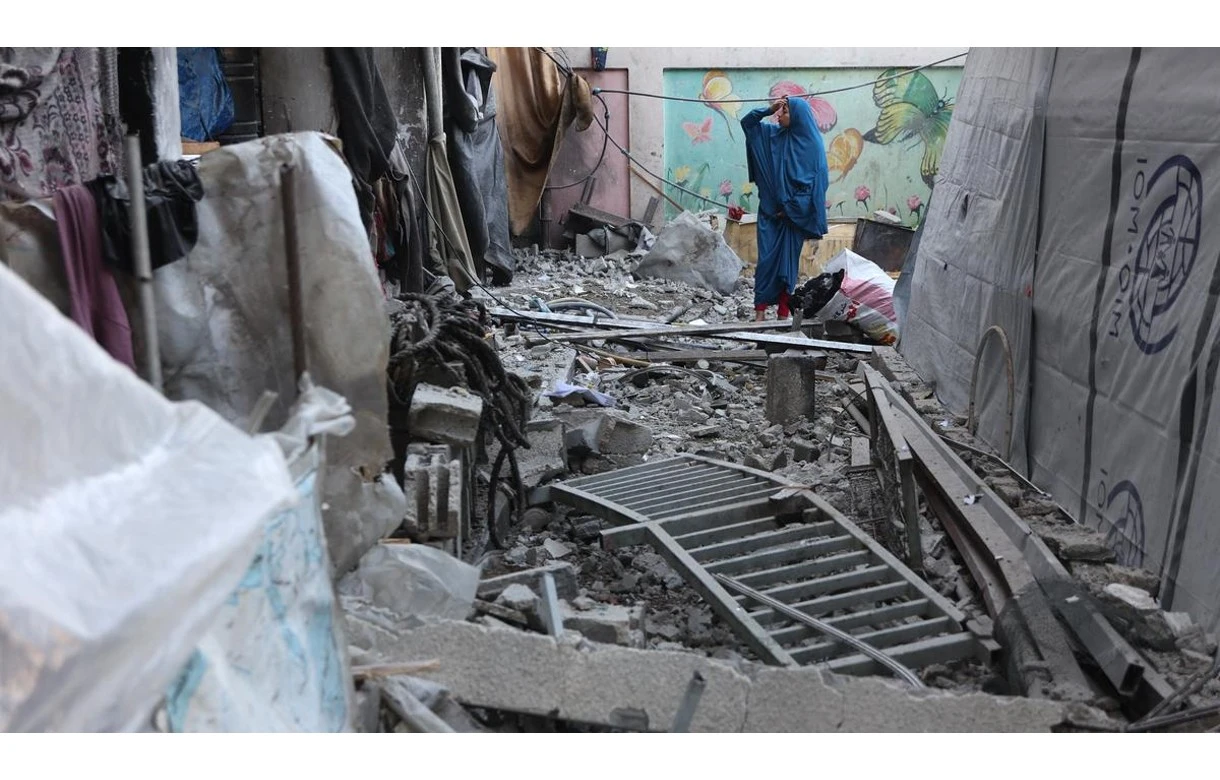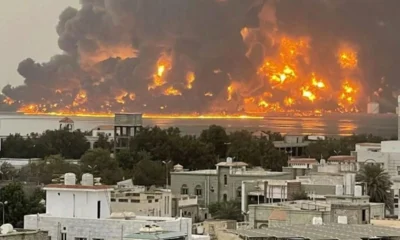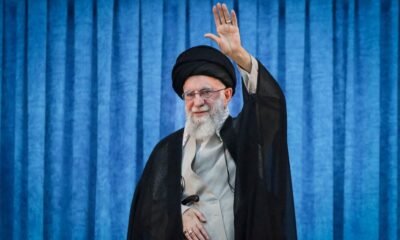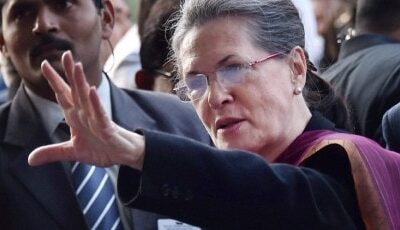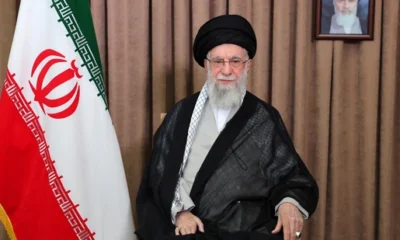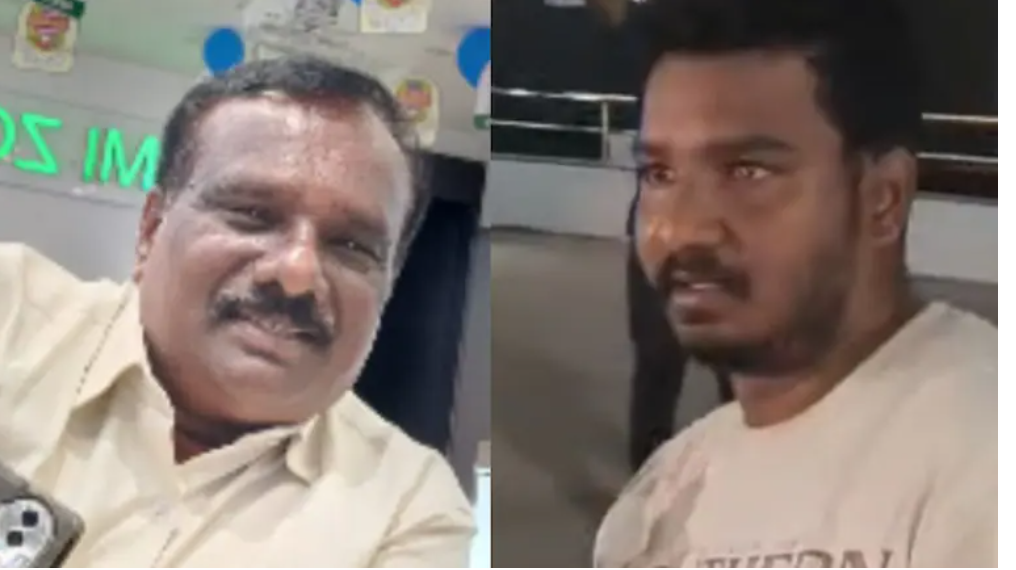Israeli military strikes across the Gaza Strip have resulted in the deaths of at least 17 Palestinians, including eight individuals killed at a school in Gaza City that served as a shelter for displaced families, according to medics.
In a separate incident, medical personnel reported that eight people, including children, lost their lives at the Musa Bin Nusayr School, which was housing internally displaced persons.
The Israeli military claimed that the strike targeted Hamas militants reportedly operating from a command center located within the school, alleging that these militants utilized the facility to plan and conduct attacks against Israeli forces. Additionally, in Gaza City, four Palestinians died when an airstrike struck a vehicle.
In two other airstrikes carried out in Rafah and Khan Younis in the southern part of the enclave, at least five more Palestinians were reported killed. In the northern Gaza town of Beit Lahiya, where Israeli forces have been active since October, Hussam Abu Safiya, director of Kamal Adwan Hospital, stated that the military ordered the evacuation of the hospital, directing staff to relocate patients and injured individuals to a nearby medical facility. However, he noted that accomplishing this task was “next to impossible” due to a lack of ambulances available for patient transport.
Israeli operations have been ongoing in the towns of Beit Lahiya and Beit Hanoun, as well as the Jabalia refugee camp, for nearly three months. Palestinians have accused Israel of engaging in “ethnic cleansing” aimed at depopulating these areas to establish a buffer zone, an allegation that Israel denies. The Israeli government maintains that its military campaign is intended to combat Hamas militants and prevent their reorganization, asserting that hundreds of militants have been killed and military infrastructure dismantled since operations began.
Simultaneously, armed factions of Hamas and Islamic Jihad claim to have inflicted significant casualties on Israeli soldiers through ambushes during this period. Efforts to mediate a ceasefire between Israel and Hamas have yet to yield results. Sources close to the negotiations indicated that, while Qatar and Egypt have been able to mitigate some disputes between the involved parties, fundamental obstacles remain.
The escalation of violence began following an attack by Hamas-led fighters on Israeli communities on October 7, 2023, which resulted in 1,200 Israeli fatalities and over 250 hostages being taken. Current Israeli estimates suggest around 100 hostages are still being held, though the status of many remains uncertain.
Meanwhile, authorities in Gaza report that Israel’s ongoing military campaign has led to the deaths of over 45,000 Palestinians and the displacement of a substantial portion of the 2.3 million residents in the region, with significant portions of the coastal area now in ruins.
